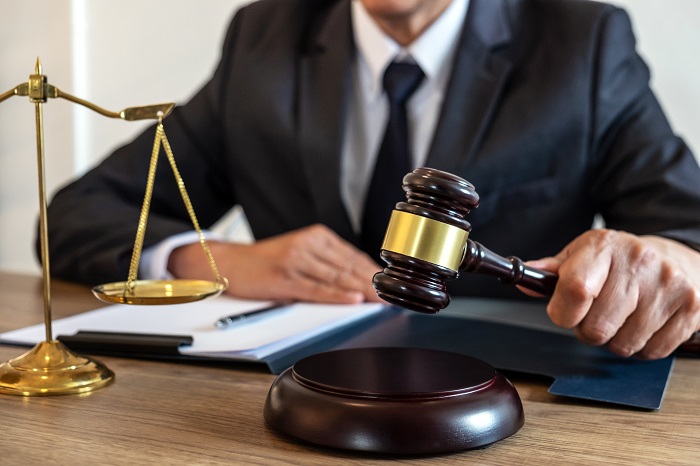
How Will an Estate Litigation Attorney Help You?
April 6, 2023When a loved one dies, the family and friends are left grieving. It is an emotional time for everyone, and disagreements can easily arise due to the stress and grief of losing someone close. Most grudges and negative feelings are expressed at different times, mostly when dividing the deceased’s estate. When estate disputes arise such that the survivors disagree on how to divide the assets, El Segundo Estate litigation lawyers become a critical part of the process. They help to resolve disputes involving property, money, and other assets left behind by the deceased. The great thing about getting a lawyer is that this neutral person understands different emotions and is sensitive to family dynamics. So, what does the estate litigation lawyer do?
Table of Contents
The Role of an Estate Litigation Attorney
Even if the deceased had left an administrator, disputes still arise. Therefore, a lawyer must explain the law’s process, which helps the beneficiaries navigate the issue and find a solution. The attorney mostly works with the executor to ensure they fulfill the deceased’s wishes. They can also handle other sensitive matters like;
- Supervising the distribution of the assets
- Resolving issues related to shares of the assets
- Managing the assets
- Dealing with individuals who take assets without permission
- Interpreting the will
- Determining the validity of the will
- Assessing the division of assets in case of questions
- Serving as an arbitrator in estate management
- Determining the validity of a claim
What Happens in Situations When a Dispute is Unsolvable?
When an estate dispute cannot be resolved out of court, the beneficiaries or the person challenging the will may resolve to go to court. The lawyer’s role will be to guide the beneficiary through the court process. Their work involves solving issues like;
- Removing trustees in certain situations
- Accounting of assets and expenses
- Handling surviving spousal entitlements
- Guardianship issues
- Disputed wills

If a resolution is not met, the process goes deeper, and the lawyer’s role increases. The professional must prepare for a trial by examining the witnesses, obtaining statements, and re-examining the evidence produced. The trial involving the division of wealth does not involve the jury. It is a bench trial chaired by a judge.
What If the Deceased Did Not Leave a Will?
There are situations when a person dies without leaving a will. It could be because it did not deem important because they didn’t have a lot of assets, or they died long before writing a will was necessary. If a person passes without a will, the state chooses a person as the administrator as the estate goes through probation. The lawyer can help submit the deceased’s death certificate to prove they passed away. The lawyer will then determine if the administrator meets the qualifications to oversee the estate. They will then oversee the whole process and ensure assets are distributed accordingly.
Thinking It Through
Settling an estate comes with many complications, especially when the beneficiaries do not agree on its distribution. Therefore, estate litigation attorneys are critical to resolving estate disputes. They handle the cases with integrity, compassion, and the skills they have mastered through experience.











